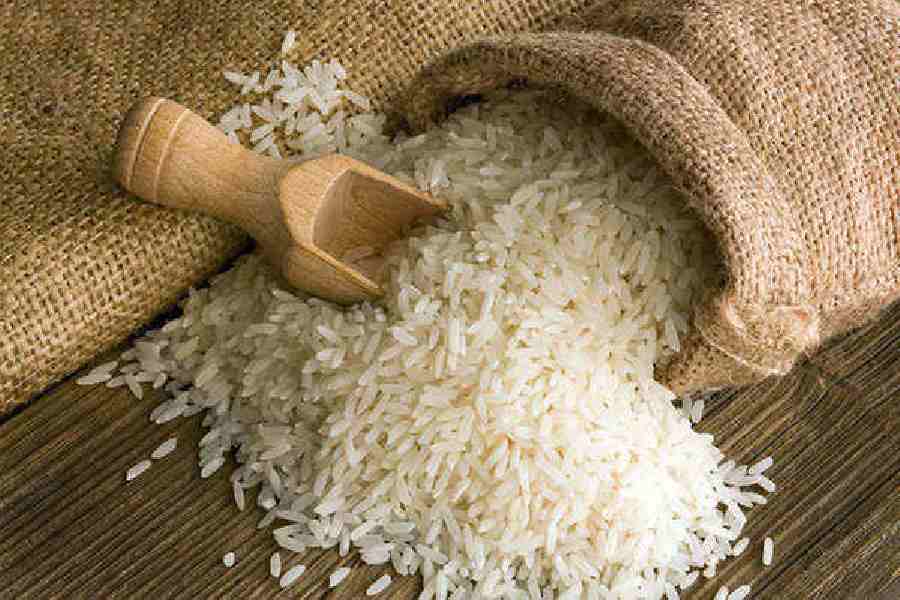India’s food regulatory authority dropped a cautionary label from iron-fortified rice under guidance from the country’s apex research agency and scientific evidence that supports the safety of the rice for all, including people with thalassemia and sickle cell anaemia, the Centre said on Thursday.
The Union ministry for consumer affairs, food and public distribution said a scientific review by a committee set up by the Indian Council of Medical Research (ICMR) had found no evidence suggesting that iron-fortified rice poses any health risk to people with blood disorders.
The ministry’s statement comes two days after sections of health experts wrote to the Food Safety and Standards Authority of India (FSSAI) asking it to withdraw its July 19 directive to eliminate the warning label on iron-fortified food for people with sickle cell anaemia and thalassemia.
The label reads: “People with thalassemia may take (iron-fortified products) under medical supervision and persons with sickle cell anaemia are advised not to consume iron-fortified products.”
A working group established by the department of food and public distribution in the consumer affairs ministry had in 2023 determined that current evidence does not support any safety concerns for such individuals, the ministry said. “The iron intake from fortified rice is minimal compared to the iron absorbed during blood transfusions for thalassemia patients (who) are treated with chelation to manage iron overload,” the ministry said.
“Individuals with sickle cell anaemia are unlikely to absorb excess iron due to naturally elevated levels hepcidin, a hormone that regulates iron absorption.”











